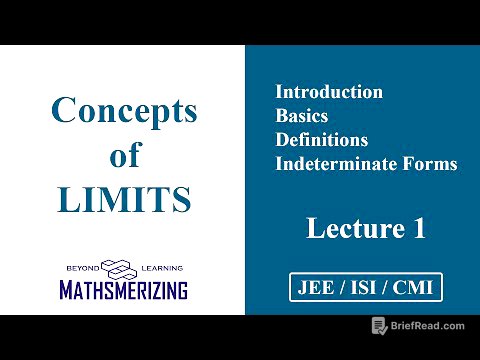TLDR;
This text provides an overview of six main types of life insurance policies: whole life, term life, universal life, variable life, burial life, and mortgage life insurance. It explains the key features, benefits, and drawbacks of each type, helping readers understand which policy might be most suitable for their individual needs and financial situations.
- Whole life insurance offers lifelong coverage with fixed premiums and a guaranteed rate of return on cash value.
- Term life insurance provides coverage for a specific period and is generally more affordable.
- Universal life insurance offers flexibility in adjusting premiums and death benefits.
- Variable life insurance allows policyholders to invest the cash value.
- Burial life insurance is designed to cover funeral costs.
- Mortgage life insurance helps pay off a mortgage in the event of the policyholder's death.
What Are The Main Types of Life Insurance?
The type of life insurance coverage you choose depends on your situation. You might only need to cover the cost of your funeral, or you may want to ensure your family has long-term financial stability. There are six different types of life insurance: whole life insurance, term life insurance, universal life insurance, variable life insurance, burial life insurance, and mortgage life insurance.
Whole Life Insurance
Whole life insurance is a permanent life insurance that provides coverage for your entire life, as long as you make premium payments. It features a consistent death benefit and level premiums that remain the same over time. These policies guarantee a rate of return on the cash value you build, offering financial security and predictability. However, whole life policies are often the most expensive type of life insurance.
Term Life Insurance
Term life insurance offers coverage for a specific number of years. It is often the most affordable option. The policy remains active for the chosen term, and if longer coverage is needed, renewable or convertible policies can be selected. Term policies do not have a cash value component, making them more affordable than permanent options.
Universal Life Insurance
Universal life insurance, also known as adjustable life insurance, is a permanent life insurance that offers flexibility. It allows policyholders to adjust the death benefit and premium amount within certain limits. While the rate of return on the cash value is not guaranteed, it is often more affordable than other permanent options. The adjustability of universal life policies makes them appealing to those who want to adapt their insurance to their current financial situation.
Variable Life Insurance
Variable life insurance is a permanent life insurance that provides a fixed death benefit while allowing policyholders to invest the policy’s cash value. The cash value can be invested in various options, such as mutual funds or bonds, offering the potential for significant gains. However, poor investment choices could lead to losses. Variable life policies often have higher premiums and require active management of the cash value account.
Burial Life Insurance
Burial life insurance is a permanent life insurance designed to cover funeral costs. Also known as final expense or funeral life insurance, it offers a smaller death benefit, typically ranging from $5,000 to $25,000. It is one of the most affordable types of permanent life insurance and is often beneficial for seniors or those in poor health. Burial policies are often no-exam life insurance, making it easier to secure coverage without medical underwriting.
Mortgage Life Insurance
Mortgage life insurance is a term life insurance that helps cover mortgage payments if the policyholder passes away. The policy lasts as long as the mortgage is active, and the death benefit is the remaining balance of the mortgage. Unlike most life insurance policies, the death benefit is paid directly to the mortgage company. This type of insurance is often chosen to protect loved ones from the burden of mortgage payments and may not require a medical exam.








